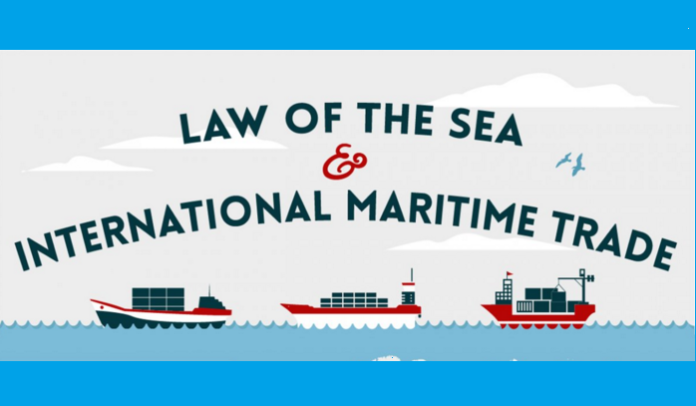
Since the Treaty of Westphalia in 1648, the concept of open seas for trade has been considered a cornerstone of the international order. But despite the recognition of the importance of open trade, the seas remained an anarchic place for hundreds of years.
In 1982, the United Nations passed the Convention on the Law of the Sea. This law marked the first successful international agreement for collaborative maritime security. During this time, maritime law shifted from focusing on the prevention of naval warfare — which is an incredibly rare occurrence in the present day — to ensuring the security and safety of the oceans for all to use for trade.
[Total: 1]














Handy one page guide, thanks. A shame there wasn't room to stress that the ISM Code is there to prevent pollution. Too many people think shipping is not concerned about the environment, and are unaware of the legal obligation to avoid pollution.
Use of the term "Maritime Law" is somewhat confusing. Better for Maritime Cyprus to have labeled it as "Infographic: Law of the Sea", which is not Maritime Law in the commercial/private law sense.